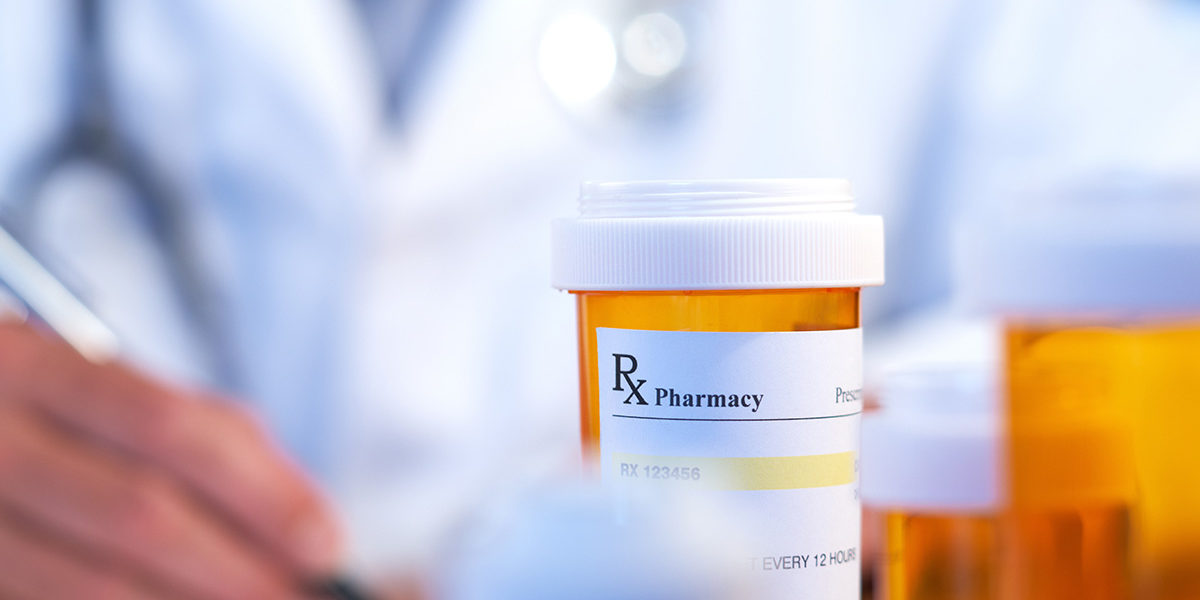A report by data firm Protenus reveals an alarming problem in the midst of the opioid epidemic, and it’s called “opioid diversion.”[1] The report states that in 2018, over 47 million doses of legally prescribed opioids were “lost” due to healthcare employee theft and misuse, a startling increase of 126 percent from the previous year.
Their findings indicate more than one third of these incidents occurred at hospitals or medical centers, followed by private practices, long-term care facilities and pharmacies. The value of the stolen drugs was almost half a billion dollars, and 94% of the incidents involved opioids – of the cases identified, the most commonly stolen prescription was Oxycodone, followed by hydrocodone and fentanyl.
One of the most troubling statistics coming from the report was that 67% of the time, doctors and nurses were responsible for the thefts.
The most common way this is done is by siphoning drugs away from their patients.
Dr. Stephen Lloyd was one of those doctors who fed his addiction using this approach. “There was no requirements on what happened to those pills. They could go down the toilet or they could go in my pocket.”[2]
Lloyd points out that a high risk of substance abuse exists for those who work in the health care industry. “They’ve got high stress jobs. A lot of them, like myself, have workaholism. And not only that, you have access.”[3]
Having now been clean for 15 years, Lloyd was the director of Tennessee’s Mental Health and Substance Abuse Services division before running a rehab facility in Murfreesboro, Tennessee. He realizes addicted health care workers have a hard time admitting they need help, and fear they’ll lose a lot if they reach out for it.
According to Lloyd, living in constant anxiety and denial was part of his daily existence, right up until his father confronted him. When he confessed to his dad he was afraid he’d lose his house, car and career if he were to confess to his addiction and diversion of opiate prescriptions, his father responded, “None of those things are going to do you any good if you’re dead.”[4]
The report’s findings, said Kira Caban of Protenus, are likely “a tip of the iceburg,” since uncovering opioid diversions only happens because an addicted doctor or nurse admits to the behavior or a patient gets sick. And though the Department of Justice established an Opioid Fraud and Abuse Detection Unit to address the nationwide opioid diversion problem, it’s operational in less than a third of the country.[5]
According to a recent article in Pharmacy Times, “The Addiction Crisis in America’s Hospitals: Clinical Drug Diversion,”[6] the consequences of such diversion are often harmful and far-reaching for the entire healthcare organization, particularly for their patients.
Nick Culbertson, co-founder and CEO of Protenus cautions, “Clinical drug diversion is a criminal act. Worse, it jeopardizes patient safety and puts other staff at risk. Diversion can have significant legal and financial consequences for hospitals that do not identify, report, and prevent ‘diverters.’”[7]
Referring to what is driving this high-risk behavior, he adds, “People who divert clinical drugs are unlikely to quit using them for the same reason as other people with addiction disorders: It is hard to do. They deny that they have a problem, they are ashamed, and they do not know where to turn for help. In a hospital setting, they may mistakenly fear that seeking addiction treatment will cost them their reputation and their career.”[8]
Contact us today by calling 866.796.4720 to find help for prescription drug abuse in Tampa, Florida.
[2] Ibid.
[3] Ibid.
[4] Ibid.
[5] Ibid.
[7] Ibid.
[8] Ibid.







